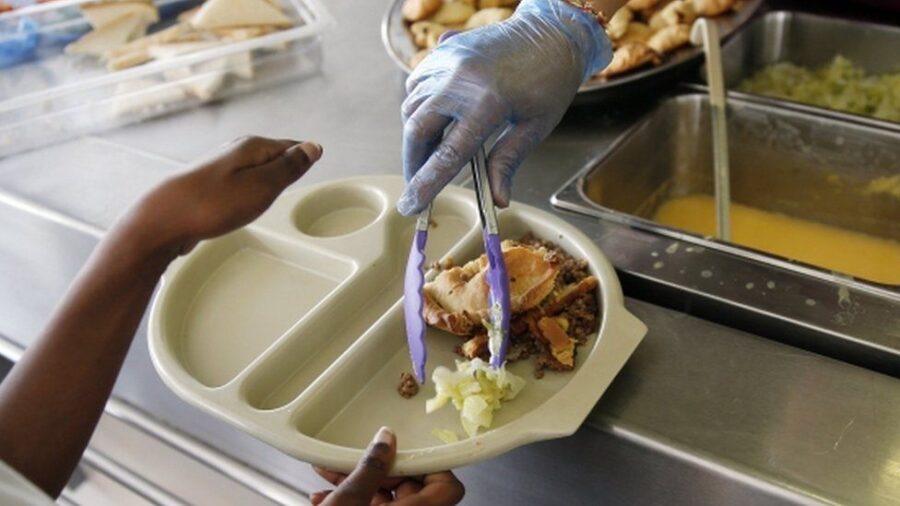The battle over French national identity and ‘secularism’ has extended to affect children’s lunch plates in different cities around France.
Offering pork-centered meals at schools has usually left Muslim and Jewish children with two options, either eat pork or go hungry, Anadolu Agency reported.
While some mayors gave the choice to parents with three possible menus: meat, fish, or vegetarian, other mayors decided not to offer alternative menus in schools cafeteria, citing their version of secularism.
This is the case in Tassin-la-Demi-Lune, a commune on the outskirts of Lyon, which since 2016 has mandated that only a single menu be offered for school meals.
Faced with a lack of empathy by mayors, parents in schools where pork is often the only choice launched an online petition to demand alternative menus.
The petition cited a ruling by the Council of State in December 2020 which clearly ruled that proposals for alternative menus do no undermine secularism or religious neutrality.
The ruling came in response to a complaint that a Muslim association filed against local authorities in Chalon-sur-Saône, a town in eastern France where schools stopped serving substitution meals in 2015.

Old Problem
The petition argued that “a single menu goes against the sense of history at a time when food waste is being criticized.”
“The unique menu, defended by the City Council in Tassin-la-Demi-Lune, hinders access to catering for 20% of students, whether for religious reasons, health, or belief (vegetarianism),” said the parents’ petition.
“The role of a mayor is to serve the population, all the population, in the name of the general welfare.”
The petition received support from several well-known figures, including journalist and feminist activist Rokhaya Diallo.
The problem of lack of halal dietary options at French schools is not new.
In January, 2018, a far-right French mayor in Southern France banned pork-free meals in state schools, preventing Muslim pupils from substitution meals.
The concept of halal — meaning permissible in Arabic — has traditionally applied to food.
1.5 billion Muslims around the world consume halal food as well as at least 500 million non-Muslims.


